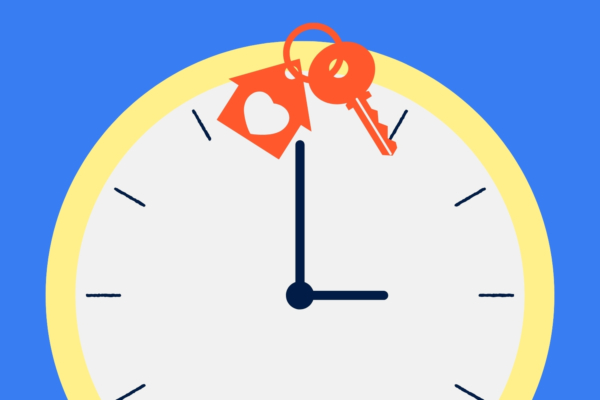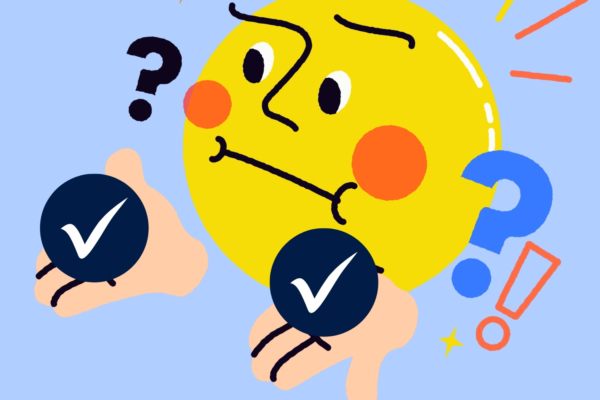
How Much House Can You Afford?

One of the biggest mistakes that many first-time homebuyers make is failing to consider how much house they can realistically afford. Though touring homes and browsing listings may be more fun, it’s important to first determine what you have the money for before you set out to make a purchase. Having a good idea of your budget can make the home buying process easier and save you from financial headaches down the road.
We’re here to show you some of the costs you need to consider when buying a house, as well as some important things to remember when determining affordability.
The Price of Buying and Owning a House
One key to understanding your budget is to have a realistic view of the cost of homeownership. This may catch you off guard, especially if you have never owned a home before. Here’s what you need to think about.
Cost to Buy a House
Aside from the purchase price of the home, you’ll need to factor in three other expenses:
Your down payment and closing costs have to be paid before your home purchase is final. ”
- Interest rate: Your lender will charge you interest for borrowing their money. Over the life of your loan, this will add hundreds of thousands of dollars to the original mortgage.
- Down payment: One of your big questions borrowers often ask is, “How much should you put down on a house?” Your down payment will depend on how much you have saved up, the interest rate you want, and other loan terms. It’s a misconception that you need 20% to put down; some home loans only require that you put down 3.5% of the home’s purchase price.
- Closing costs: Closing costs are the fees that you pay when you close on your home. They cover things like appraisals, underwriting fees, inspections, recording fees, and more. These fees can be between 3%-5% of your total loan amount.
Your down payment and closing costs have to be paid before your home purchase is final. This means that you’ll need to have thousands saved up just to cover the upfront costs.
Costs of Ownership
On top of your monthly mortgage payment, you need to also think about the other costs that come with owning a house.
- Insurance: Homeowners insurance protects your home against catastrophic loss and accidents. This may be rolled into your monthly payment or paid separately.
- Property taxes: Your home and property will be taxed by your county and local government. Property taxes are ad valorem, meaning that what you pay will be based on the value of your property.
- HOA fees: If your neighborhood has a homeowners association, you’ll need to pay the monthly fees collected by the HOA.
- Maintenance and repair: When you rent and something goes wrong, it’s easy to call your landlord up and let them handle it. But when you own your house, you’re responsible for the repair costs if something is damaged or needs to be fixed, as well as all the routine maintenance and upkeep.
Once you consider these extra line items, you may realize that your budget for the mortgage payment itself is smaller. It’s always better to buy something that is well within what you can afford, rather than struggling a few years down the line when these bills start adding up.
What Determines How Much House You Can Afford
Four key factors will help you determine your budget.
1. Your Income
Your income is the biggest factor in how much mortgage you can afford. Your lender will consider your salary or wages, as well as any consistent monthly income like dividends, profit from rental properties, child support, or alimony.
2. Your Other Debts and Expenses
Credit unions and banks will also look at your debts in comparison to your income. If you owe too much money as compared to your income stream, you may not qualify for a mortgage. Debts can include monthly payments like your auto loan, student loan, credit card bill, or any other personal loans you may have.
On top of your current debt, it’s important for you to consider other necessary monthly obligations like utility bills, health insurance, and groceries.
3. Your Credit History
Your past credit history plays a pretty big role in the homebuying process. Your credit history and score will influence what interest rate you get on your mortgage. The higher the score, the lower the interest rate.
Over the life of your loan, the difference between one percentage point can mean saving or spending tens of thousands of dollars. If you qualify for a lower interest rate, you’ll have a lower mortgage payment, or potentially be able to afford a larger mortgage.
4. How Much Cash You Have Saved Up
More cash reserves mean that you can afford to make a larger down payment and pay higher closing costs. A small amount of cash on hand can limit the size of the loan you take out, and therefore the house you can afford.
How to Calculate Your Home Buying Budget
Now that you have a good idea of what sort of expenses to expect and what you need to consider in your calculations, you can start crunching the numbers.
The 28/36% Rule
As a general rule of thumb, financial experts recommend that you spend no more than 28% of your monthly income on home-related costs and no more than 36% of your gross income on total debts.
This means that if you had a total monthly income of $5,000, no more than $1,400 per month should go towards housing and no more than $1,800 towards your total debts, including your mortgage.
Home Affordability Calculator
To make your financial planning a little easier, we created this home affordability calculator. Using the calculator will also allow you to visualize how factors like interest rate and loan length impact how much you can afford.
What the Bank Says You Can Borrow vs. What Is Affordable
Some first-time homebuyers will make the mistake of taking out the biggest loan that a bank will advance to them. Just because a bank is willing to lend you that amount doesn’t necessarily mean that it is affordable for you and your financial goals.
Just breaking even every month is a dangerous game to play.”
A financial institution will look at your debt to income ratio, but won’t have a good idea of your other monthly expenses or other financial goals. It’s up to you to weigh your income against your potential monthly payment, debts, and monthly expenses like healthcare, childcare, savings goals, and basic necessities.
Just breaking even every month is a dangerous game to play. If you face an unexpected life event, not being able to make your mortgage payment could mean losing your home.
The Big Picture of Home Affordability
Remember, buying a home involves much more than looking at a purchase price and your income. It’s important to have a big picture of your finances, as well as a grasp on the true costs of homeownership.
Are you ready for the next step in your homebuying journey? Apply for a mortgage today!
Looking for a mortgage lender?
Learn more about Amplify’s mortgage loans, and apply today!

